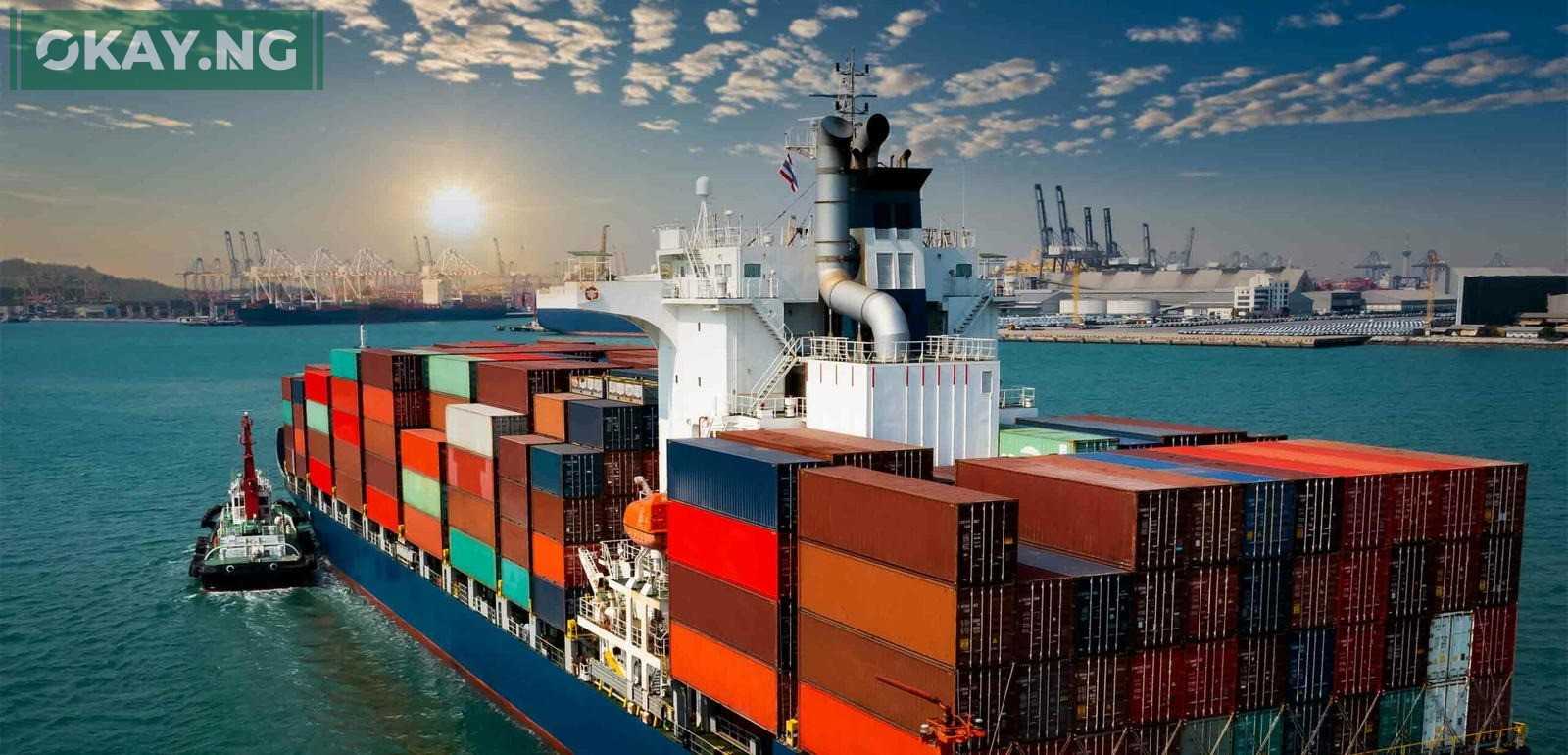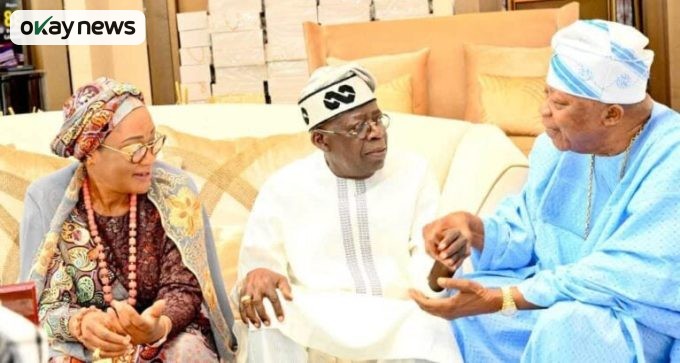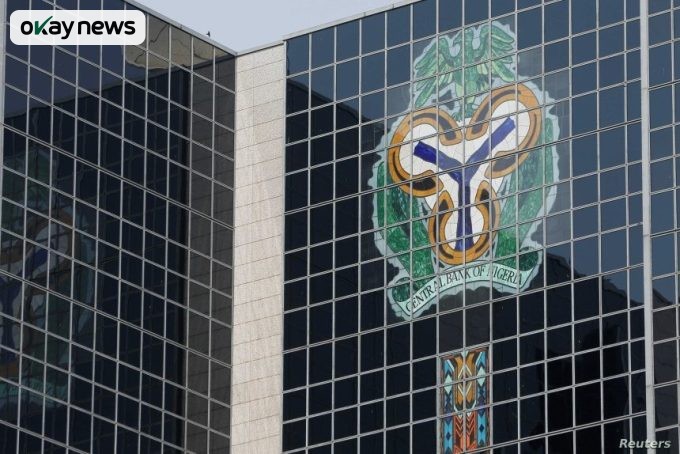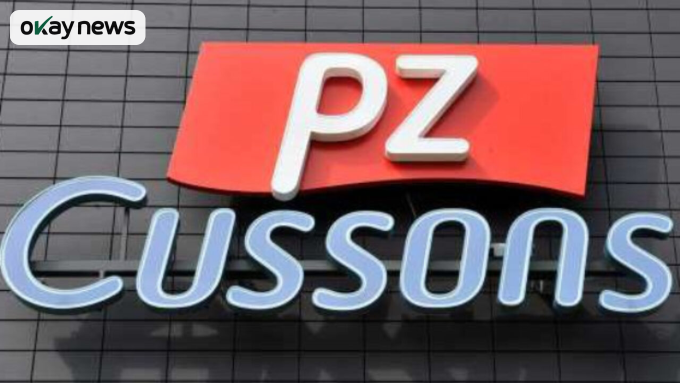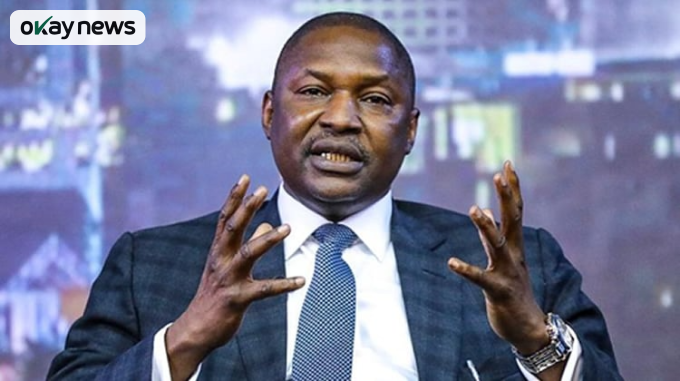The Importers Association of Nigeria (IMAN) has warned that the planned 4 percent free-on-board (FOB) levy on imports could add about N4 trillion annually to freight costs, a burden that would ultimately be borne by consumers.
Speaking at the association’s National Executive Committee meeting, IMAN National President and Board of Trustees Chairman, Chief Gilbert Obi, cautioned that the levy would worsen inflation, disrupt supply chains, and hurt productivity across sectors.
Obi stressed that the levy, proposed to replace existing port charges, is significantly higher than the 1 percent Comprehensive Import Supervision Scheme (CISS) previously in effect. He noted that peer countries such as Ghana maintain just a 1 percent rate, making Nigeria’s policy extreme.
“This levy will instantly hike the costs of gas, spare parts, machinery, and raw materials, crippling industries and punishing consumers,” Obi said. “IMAN estimates that the levy could add N3 to N4 trillion annually to freight costs.”
He added that Nigerians are already experiencing the impact of rising costs, citing how the price of a 2006 Toyota Corolla has surged to between N6 million and N9 million. According to him, clearing agents who once paid N215,000 for license renewal must now pay N4 million, while new freight forwarder licenses have risen from N500,000 to N10 million.
Customs authorities have argued that revenue from the levy is intended to fund a modernization programme anchored on a software platform called B’odogwu. Obi, however, described the platform as unreliable and questioned the rationale for committing trillions to a system he said would become obsolete by January 2026, when the Federal Inland Revenue Service (FIRS) is expected to take over customs collections.
Obi further urged restraint among IMAN members amid internal disputes, warning against actions that could deepen divisions within the association. He said the National Executive Council meeting was convened to address both policy and internal challenges facing the industry.


